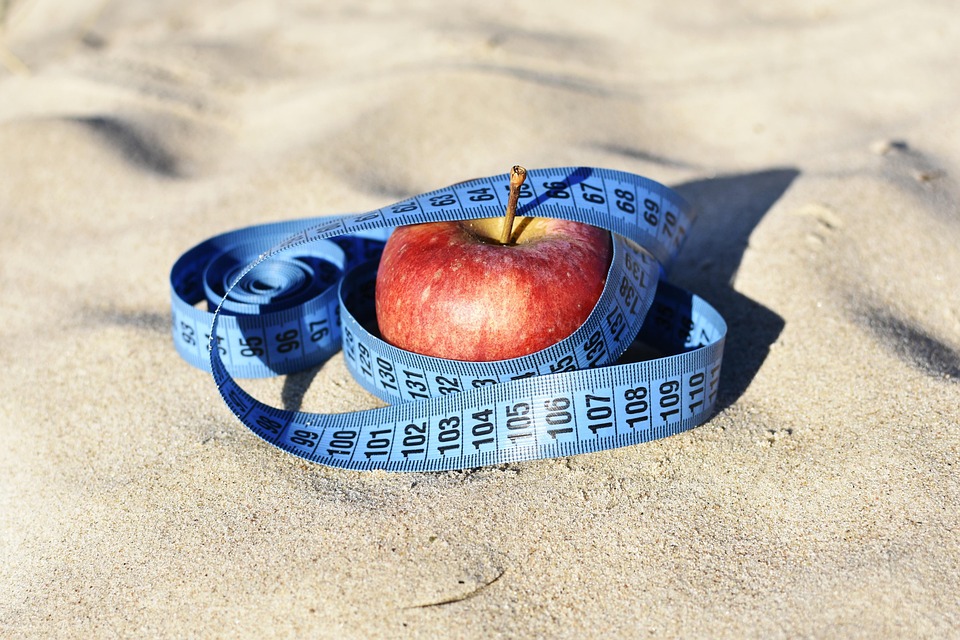Sugar is a big part of many diets, but it’s no secret that consuming too much of it can have negative effects on our health. From weight gain to increased risk of chronic diseases, cutting back on sugar is a great way to improve your overall well-being. However, many people are hesitant to reduce their sugar intake because they fear they’ll be left feeling deprived.
In this blog post, we’ll show you how to reduce sugar intake without feeling deprived, and instead, feel energized and satisfied with your healthy choices.
Why Reducing Sugar Intake Is Important
Before we dive into the “how,” it’s important to understand why reducing sugar is beneficial. Excessive sugar consumption has been linked to numerous health issues, such as:
- Weight gain and obesity
- Increased risk of heart disease
- Type 2 diabetes
- Dental problems
- Energy crashes
By cutting down on sugar, you can reduce these risks and promote a healthier lifestyle. The good news? You don’t have to feel deprived in the process.
1. Gradually Reduce Your Sugar Intake
One of the most common reasons people feel deprived when reducing sugar is the sudden withdrawal from sweet foods. Instead of going cold turkey, try gradually cutting back on sugar. Start by reducing the amount of sugar in your drinks, such as coffee or tea, and slowly decrease the sweetness of your favorite snacks.
By taking small steps, your taste buds will adjust to lower levels of sweetness over time, and you’ll feel less likely to crave sugary treats. This slow reduction helps ease your body into the change, without making you feel deprived.
2. Choose Natural Sweeteners
If you’re looking for a sweet fix but want to avoid refined sugar, try using natural sweeteners like stevia, monk fruit, or raw honey. These alternatives can satisfy your sweet cravings while providing some added health benefits. For instance, stevia has no calories and does not raise blood sugar levels, making it a great choice for those looking to reduce sugar intake without sacrificing flavor.
Just remember, even natural sweeteners should be used in moderation to avoid the risk of overconsumption.
3. Opt for Whole Fruits Instead of Sugary Snacks
Fruits are naturally sweet and packed with nutrients that are beneficial for your body. Instead of reaching for a sugary snack or dessert, try satisfying your sweet cravings with whole fruits like berries, apples, or pears. These fruits are high in fiber, antioxidants, and vitamins, and their natural sugars come with a host of health benefits.
When you choose fruit over processed snacks, you’re reducing your sugar intake without feeling deprived, since you’ll still get that sweetness you’re craving—just in a healthier form.
4. Enjoy a Balanced Diet
Another way to reduce sugar intake without feeling deprived is by focusing on a balanced diet. Ensure your meals are rich in protein, healthy fats, and fiber, which will keep you full longer and help prevent sugar cravings. Whole grains, lean proteins, and vegetables are excellent choices that will nourish your body and stabilize your blood sugar levels.
By keeping your meals balanced, you’ll have more energy and fewer sugar cravings, making it easier to reduce your sugar intake while still feeling satisfied.
5. Indulge in Healthy Desserts
Just because you’re cutting back on sugar doesn’t mean you can’t enjoy desserts. There are plenty of healthy alternatives that taste just as delicious as their sugary counterparts. For example, try making chia seed pudding with unsweetened almond milk, or bake cookies using almond flour and a natural sweetener like monk fruit.
These healthier dessert options allow you to indulge your sweet tooth without feeling deprived or guilty. You can satisfy your cravings while nourishing your body with wholesome ingredients.
6. Stay Hydrated
Sometimes, feelings of hunger or cravings for sugar can actually be a sign of dehydration. By staying hydrated, you can curb unnecessary sugar cravings and avoid feeling deprived. Drinking plenty of water throughout the day helps control appetite and keeps your energy levels steady.
Try carrying a water bottle with you and sipping on it regularly to stay hydrated and keep those sugar cravings at bay.
7. Mind Your Emotional Eating
For many people, sugar cravings are tied to emotions. When you’re stressed, bored, or anxious, you might reach for sugary foods as a source of comfort. Being aware of emotional eating triggers is a key part of reducing sugar intake without feeling deprived.
Find healthier ways to cope with stress, such as taking a walk, practicing yoga, or journaling. If you’re feeling down, try engaging in activities that lift your mood rather than turning to sugary snacks.
8. Focus on the Benefits
Finally, one of the best ways to reduce sugar intake without feeling deprived is by focusing on the positive benefits. When you see the improvements in your energy, mood, and overall health, it becomes easier to stick to your sugar-reduction goals. Rather than focusing on what you’re giving up, celebrate the positive changes that come with reducing your sugar intake.
Conclusion
Reducing sugar intake doesn’t have to feel like a sacrifice. By following the tips above, you can lower your sugar consumption without feeling deprived. Remember, it’s all about balance, gradual changes, and finding healthier alternatives that satisfy your cravings. With the right mindset and strategies, you can enjoy a healthier lifestyle and say goodbye to sugar without feeling deprived.


